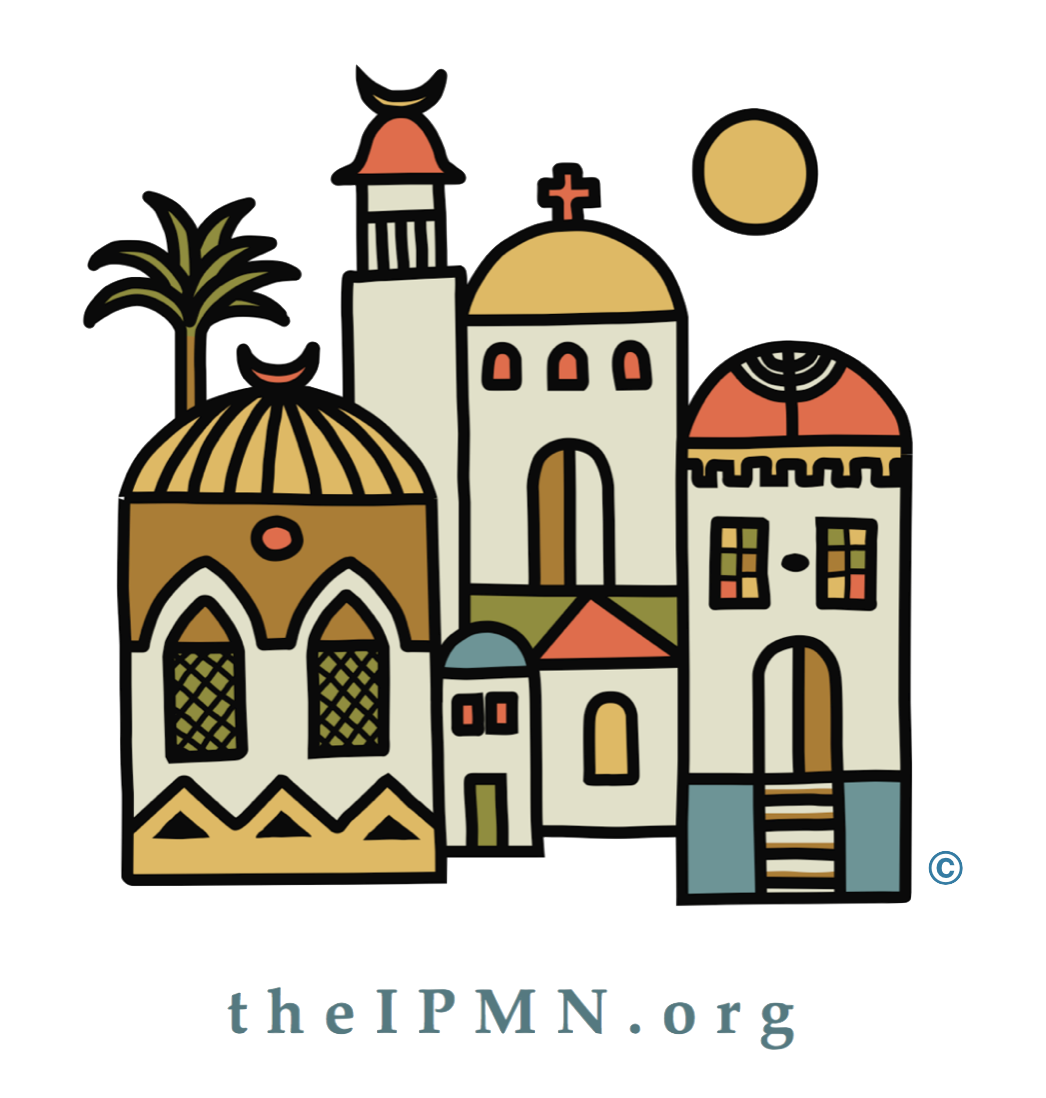Two Unanswered Questions
Solidarity Delegation, Reflection #5
By, Dr. Hunter Farrell
“How can you Christians in the United States stand by in silence as our people are blown up night after night?” The question from the twenty year-old daughter of a Palestinian pastor from Gaza hit me like a freight train.
We had just heard from a group of six Christians from Gaza whose life circumstances had taken them out of the besieged territory before the October 7 Hamas assault and massive Israeli retaliation that has killed more than 28,000 Palestinians-- mostly civilians. Rather than just sitting with the pain of her question—many of her family members are still in Gaza-- I mumbled a hurried response about being distracted…about not understanding the long history of land seizure and military occupation against the people of Palestine.
A Palestinian family frantically attempts to stop Israeli Government seizure of their land south of Bethlehem on February 19, 2024.
But the pastor’s daughter’s question has stayed with me. Why have our churches remained silent while watching video clips of daily rocket attacks against a largely unarmed civilian population? Why have we not responded to the use of starvation and the intentional withholding of medical supplies as weapons of war? These acts are clearly war crimes, yet my moderate, “middle-of-the-road” upbringing keeps me from speaking out— or is it something much deeper and more sinister?
Why is it that so many of us American Christians can speak eloquently about peace and justice and yet turn a blind eye to the 70 years of the ethnic cleansing of Palestinian families from their farms, villages and cities? What is the root cause of our blindness (if these were my children being intentionally deprived of food and subjected to rocket attacks, I would have crossed the line into violence or insanity months ago).
A brilliant, new book by Palestinian pastor and trusted friend, Dr. Mitri Raheb, Decolonizing Palestine (Orbis 2023), is helping me understand why we U.S. Christians have not seen Palestine for so long: my ancestors colonized North America, built a nation on the stolen lands of Native Americans, and ethnically cleansed an entire continent, therefore, the Israeli land grab and erasure of Palestine is a script of settler colonialism that lives on within me. The voices of Manifest Destiny, the “White Man’s burden”, and the “civilizing” mission of the Church whisper continually in my subconscious. Israel projects itself as a democracy in a region of dictators; light in the midst of darkness. No wonder I can’t hear the screams from Gaza.
John Gast’s “American Progress”, image sourced from Wikipedia
No wonder it took the African Methodist Episcopal Church—an African-American denomination of more than three million members worldwide—to be the first U.S. church to call for an end to the U.S.’ financial support of the Israeli military assault on Gaza. The U.S. gives Israel more than $3 billion/year in military aid and the U.S. Senate last week voted to increase that amount to $14 billion). The AME Church members’ lived experience on the underside of “the White Man’s burden” gives them a much more critical perspective and raises the second question I can’t stop thinking about: “Why are we paying for the destruction of people?”, asked AME Senior Bishop Adam J. Richardson, Jr.
I don’t know about you, but I am struggling how to respond to these two questions— our churches’ silence before war crimes and our complicity with genocide by paying for the bombs that will be fired on Gaza tonight.
How would you respond to these two questions?
Dr. Hunter Farrell
Hunter Farrell and his wife, Ruth, live in Pittsburgh, Pennsylvania, USA and have three grown children. Hunter works as the Director of Pittsburgh Theological Seminary’s World Mission Initiative. Previously, he served as the Director of World Mission for the Presbyterian Church (U.S.A.) and as a mission worker in the Congo and Peru for 15 years, working in community organizing and theological education. Hunter earned his M.Div. in Cross-Cultural Studies at Fuller Theological Seminary and the Doctorado en antropología from the Pontificia Universidad Católica del Perú.




